
Read the full report:
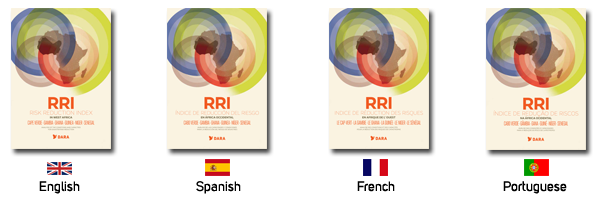
DARA conducted a country case study of the Risk Reduction Index (RRI) in Burkina Faso. The case study provides an analysis of the capacities and conditions for Disaster Risk Reduction in Burkina Faso.
Read the full report in English and French.
In West Africa, underlying risk drivers continue to increase communities’ vulnerability to natural hazards, decrease their resilience overall, and potentially diminish important development gains that have been made. The RRI has identified links between underlying risk factors and increased vulnerability, raising awareness around the need for greater risk management initiatives. Furthermore, since risk knows no barriers, the RRI highlights the need to work with regional organisations to address cross-border challenges.
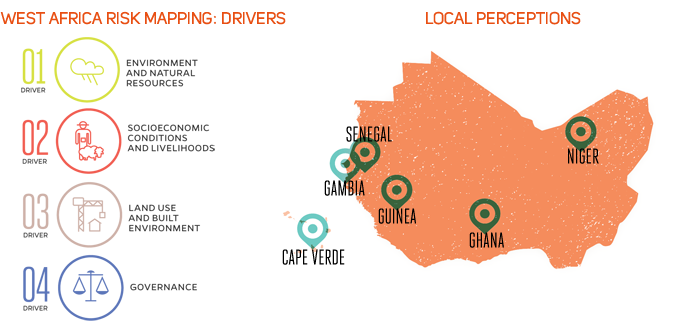
The focus of the RRI is on measuring local perceptions about underlying risk. These were measured through a questionnaire, divided into four risk drivers, administered in six countries. More than 700 questionnaires were answered in 16 communities, with respondents representing a range of sectors and experience. The findings generated through the data collection and analysis were presented and validated in 16 community level workshops. Finally, six national workshops were conducted to upstream local level knowledge and raise awareness at the national level.
National governments and regional and international actors must take action to address the key underlying risk drivers in the region, and work together through greater trans-boundary collaboration and sharing of knowledge and best practices. Reducing underlying risk in West Africa is crucial to protecting the region’s environment, ensuring the continued socioeconomic development of its communities, and preparing its cities to meet the challenges of urbanisation.
Crucial areas where more action must be taken:- Environmental degradation is an important underlying risk factor across West Africa, and more must be done to reduce the pressure on natural resources, while at the same time finding ways for communities to play a more active role in protecting their local environment.
- Areas where there is a clear opportunity and need for regional coordination and collaboration are coastal zone and fisheries management, and the management of drought, epidemics, and pests. For this to occur, regular and substantive exchange of information and knowledge sharing across boundaries needs to be strengthened.
- Households, and by extension communities, have limited capacity to cope when confronted with disasters especially due to poverty and unemployment. Increasing household resilience, primarily through education and training programs and the creation of income-generating activities, is a crucial gap that must be filled. In both rural and urban areas, access to social services must be improved. Further decentralisation of social services should be further pursued, in order to meet the needs of rural communities where they are, and potentially help to slow the rapid pace of urbanisation in the region.
- West Africa’s cities are currently faced with significant challenges related to their infrastructure and spatial planning. These contribute to flood risk across the region, an increasing trend in recent years. Special attention must be paid to drainage and waste disposal systems, which need to be updated and expanded, urban planning, which should catch up with demographic trends and pressures, and improved building codes and their legal enforcement.
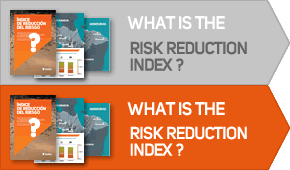
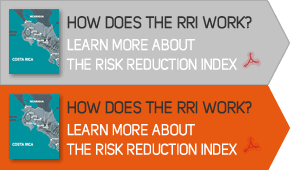
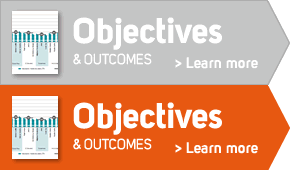


Share this